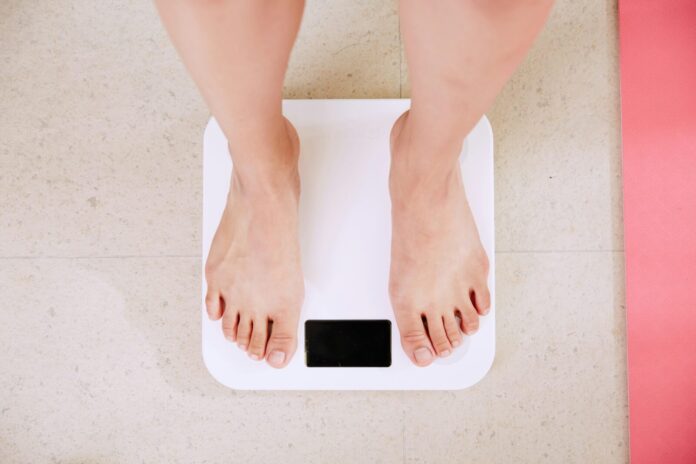Walk into any gym in January and ask people why they joined. Over 90% will tell you: to lose weight. That stat isn’t just national — it holds true with nearly every client I’ve trained over the years. We live in a country obsessed with weight loss, yet most people are stuck in a cycle of yo-yo dieting, disappointment and confusion. Why? Because the truth about lasting weight loss is much less glamorous than the “quick fix” headlines make it seem.
Here’s how weight loss actually works
At its most basic level, fat loss happens when your body uses more energy (calories) than it takes in. That’s the “calories in, calories out” concept — but it’s not the whole story. The quality of your food, the makeup of your body (muscle vs. fat), your hormones, your sleep and your stress levels all influence how efficiently your body burns fat.
Take two people: One is 50 pounds overweight, and the other has about 20 pounds to lose. The person with more to lose may drop the first 10 to 15 pounds relatively quickly — within 6 to 10 weeks — because of a larger calorie deficit and higher baseline metabolic activity. For the person with less weight to lose, those same 15 pounds could take months longer. That’s not a plateau — it’s physiology.
Why strength training is non-negotiable
If you’re not strength training, you’re missing the foundation of long-term fat loss. Muscle is metabolically active tissue, and burns more calories at rest than fat. So when you build muscle, your body becomes more efficient at burning calories 24/7, not just during your workouts.
Plus, most people lose muscle along with fat if they rely on just cardio and calorie restriction. That’s a fast track to a slower metabolism and weight regain.
Resistance training, whether with weights, machines, or your body weight, preserves and builds muscle while you’re losing fat, setting you up for sustainable success.
Consistency beats intensity
Consistency means showing up for yourself — daily, weekly, monthly — with habits that support your goals. It doesn’t mean being perfect. It means making 80% of your meals whole, nutrient-dense foods. It means lifting weights three to four times a week, not just in January. It means walking more, drinking more water and sleeping better.
Too many people are stuck in an all-or-nothing mindset. They eat “clean” Monday to Thursday, then binge on alcohol and fried food all weekend. This not only cancels out progress — it creates a cycle of inflammation, cravings and guilt.
Let’s talk about food quality
Yes, calories matter. But the idea that “if it fits your macros” (IIFYM) means you can eat whatever you want as long as you hit your numbers is, frankly, BS. Five hundred calories of fries (yes, I love them too) do not fuel your body the same way as 500 calories of a lean turkey burger with avocado on whole wheat does. One spikes blood sugar, leads to cravings and offers almost no nutrition. The other builds muscle, stabilizes energy and keeps you full.
Processed foods are designed to make you overeat. They’re loaded with sugar, sodium and industrial oils that hijack your brain’s hunger signals. Alcohol is just as bad — seven calories per gram, zero nutrition and it slows your metabolism while impairing judgment around food.
The bottom line
Long-term weight loss isn’t flashy. It’s not a 21-day detox or a new supplement stack. It’s building habits that you can maintain for life. It’s lifting weights, prioritizing protein and whole foods and staying consistent — especially when motivation fades.
So yes, weight loss takes time. And no, fries aren’t the enemy — but they’re also not a daily habit if you want real change. Ditch the quick fixes. Do the work. Your future self will thank you.

























